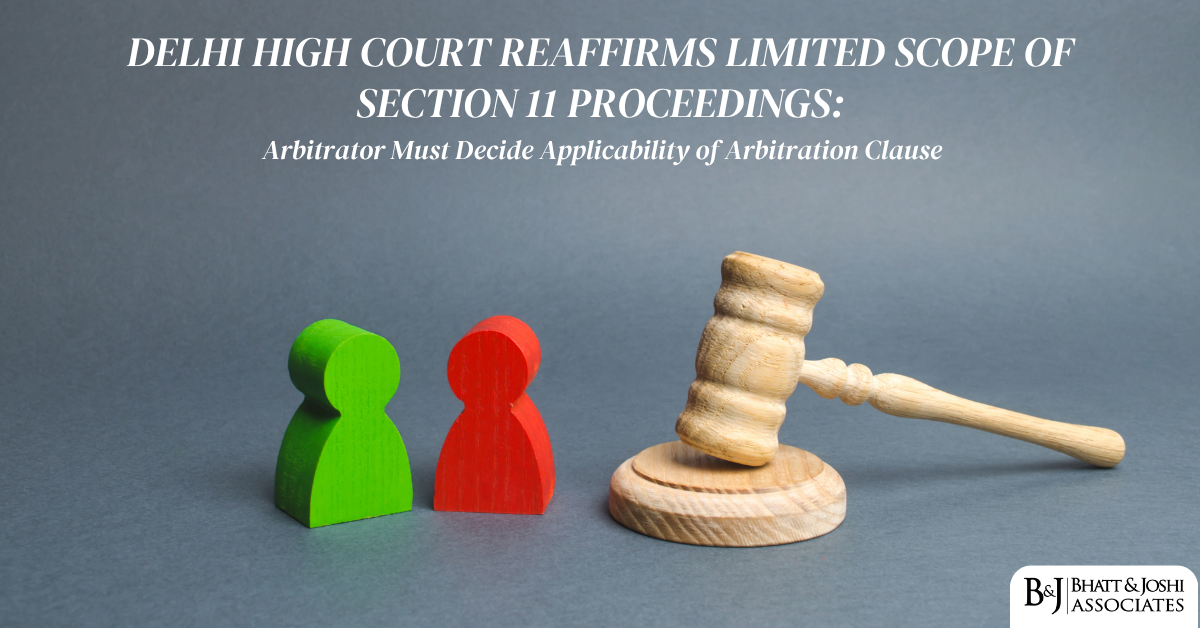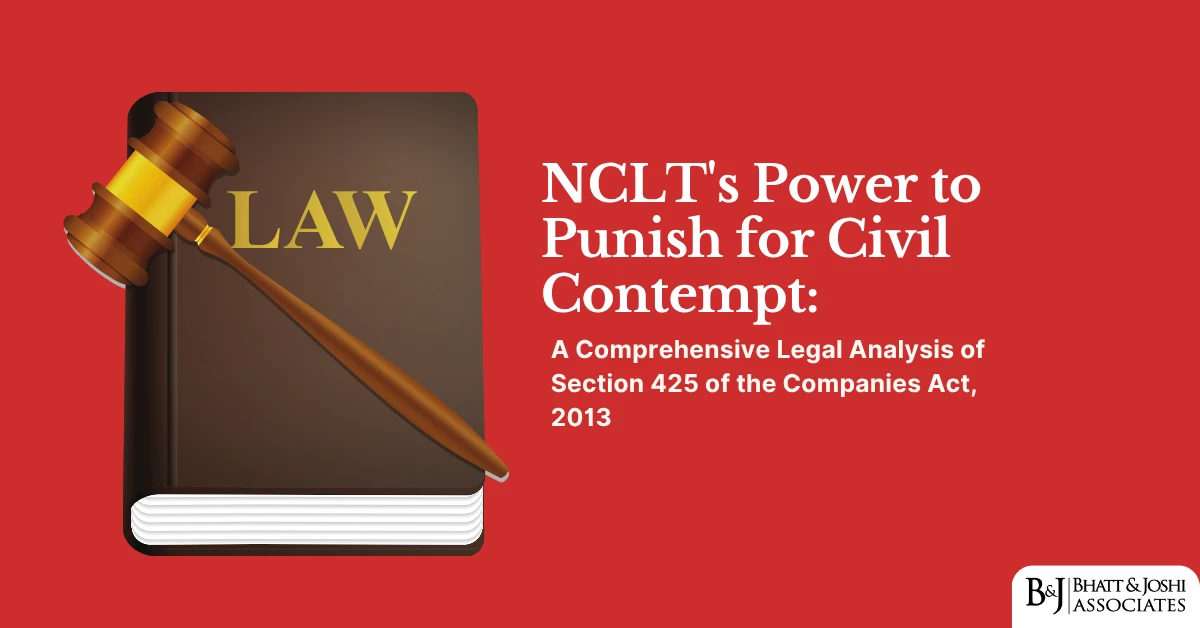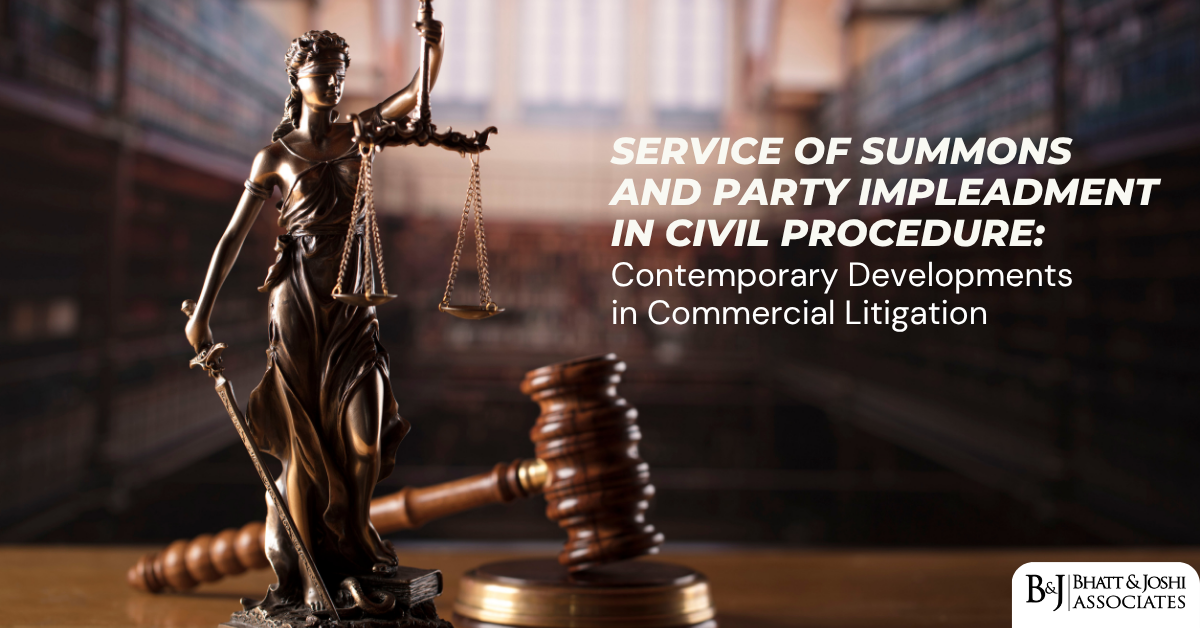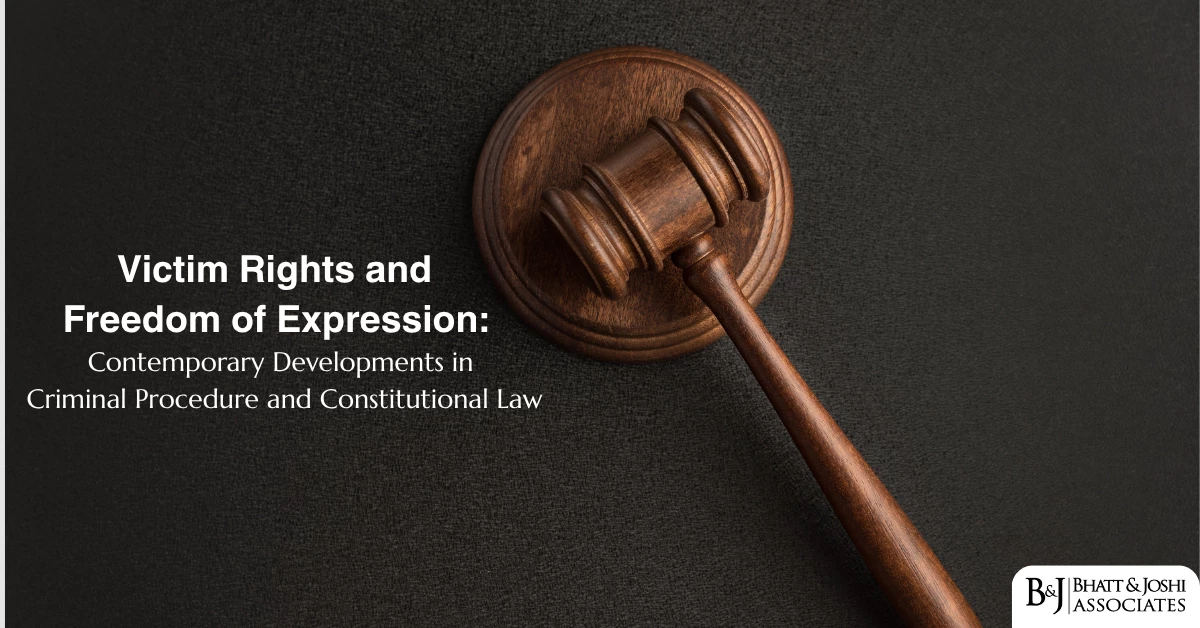Introduction
The Customs Act, 1962 serves as the cornerstone legislation governing India’s import and export trade operations. Within this legislative framework, the appellate mechanism under Section 128 represents a critical component ensuring administrative justice and providing recourse to aggrieved parties. This provision establishes the fundamental right to challenge decisions made by customs authorities, embodying the principles of natural justice and fair procedure. The question of delay condonation in customs appeals has evolved into a complex area of jurisprudence, with distinct statutory limitations and judicial interpretations shaping its application. The significance of Section 128 extends beyond mere procedural compliance, as it serves as a safeguard against arbitrary administrative action while maintaining the efficiency of customs administration. The power to condone delay in filing appeals represents a delicate balance between ensuring access to justice and maintaining the finality of administrative decisions. This analysis examines the statutory framework, judicial precedents, and practical implications of delay condonation under Section 128 of the Customs Act, 1962.
Statutory Framework Under Section 128 of the Customs Act, 1962
Primary Provisions for Appeals
Section 128 of the Customs Act, 1962 provides the foundational framework for appeals against customs decisions. The section states: “Any person aggrieved by any decision or order passed under this Act by an officer of customs lower in rank than a Principal Commissioner or Commissioner of Customs may appeal to the Commissioner (Appeals) within sixty days from the date of the communication to him of such decision or order” [1]. This provision establishes both the right to appeal and the temporal boundaries within which such appeals must be filed.
The statutory language creates a clear hierarchy of appellate authority, designating the Commissioner (Appeals) as the first appellate forum for decisions made by subordinate customs officers. The sixty-day limitation period commences from the date of communication of the impugned order, not from the date of its passing, which reflects the legislative intent to ensure actual notice to the affected party.
Condonation of Delay Provisions
The proviso to Section 128(1) incorporates a limited power of delay condonation, stating: “Provided that the Commissioner (Appeals) may, if he is satisfied that the appellant was prevented by sufficient cause from presenting the appeal within the aforesaid period of sixty days, allow it to be presented within a further period of thirty days” [1]. This provision establishes several critical parameters for delay condonation.
The concept of “sufficient cause” remains central to the exercise of this power. The legislature has deliberately refrained from defining this term exhaustively, leaving its interpretation to judicial discretion while requiring objective assessment of circumstances preventing timely filing. The additional thirty-day period represents an absolute outer limit, creating a total window of ninety days from the date of communication.
Pre-deposit Requirements Under Section 129E
Section 129E of the Customs Act mandates pre-deposit requirements for entertaining appeals, stipulating that “The Commissioner (Appeals) shall not entertain any appeal under section 128(1), unless the appellant has deposited 7.5% of the duty, in case where duty or duty and penalty are in dispute, or penalty, where such penalty is in dispute” [2]. This provision ensures that appeals are not filed merely to delay payment obligations while providing sufficient financial commitment from appellants.
The pre-deposit requirement serves dual purposes: preventing frivolous appeals and ensuring revenue protection. However, courts have recognized exceptions in cases of genuine hardship or where the demand itself is legally unsustainable.
Judicial Interpretation and Landmark Decisions
Supreme Court’s Position in Singh Enterprises
The Supreme Court’s decision in Singh Enterprises vs. Commissioner of Central Excise established definitive boundaries for delay condonation powers under customs and excise legislation. The Court categorically held that “any delay beyond the extended period of thirty days after expiry of normal period of sixty days, cannot be condoned since the Statute does not permit and the provisions of Section 5 of the Limitation Act would not apply” [3].
This judgment addressed the fundamental question of whether general limitation provisions could extend specific statutory time limits. The Court’s reasoning centered on the principle that when a statute provides its own limitation scheme with specific condonation provisions, the general law of limitation cannot be invoked to further extend these periods. This interpretation emphasizes the legislative intent to maintain strict temporal boundaries in tax and customs matters.
The Singh Enterprises precedent has been consistently followed in subsequent decisions, establishing that neither the Commissioner (Appeals) nor the Customs, Excise and Service Tax Appellate Tribunal (CESTAT) possesses inherent power to condone delays beyond the statutorily prescribed ninety-day outer limit.
Amitara Industries vs. Union of India Analysis
The 2013 decision in Amitara Industries Ltd vs. Union of India reinforced the Supreme Court’s position, specifically holding that “neither the Commissioner (Appeals) nor CESTAT can condone a delay in filing an appeal under section 128 of Customs Act beyond three months” [4]. This case clarified that the three-month absolute limitation applies uniformly across all appellate forums under the Customs Act.
The Amitara Industries judgment addressed practical scenarios where appellants sought extended condonation periods based on various grounds including legal advice, procedural confusion, or administrative delays. The Court maintained that such factors, while potentially constituting sufficient cause within the statutory period, cannot justify extensions beyond the prescribed limits.
Panoli Intermediate (India) Pvt. Ltd. v. Union of India
The Gujarat High Court’s comprehensive analysis in Panoli Intermediate (India) Pvt. Ltd. v. Union of India (2015) formulated three crucial questions regarding limitation and condonation powers [5]:
First, whether the limitation provided under customs law cannot be condoned beyond the thirty-day extended period, confirming that appeals cannot be filed beyond ninety days total. Second, whether petitions under Article 226 of the Constitution would not lie for condonation of delay in filing appeals, addressing the scope of writ jurisdiction in limitation matters. Third, whether Article 226 petitions can challenge original adjudicating authority orders in specific circumstances involving jurisdictional errors, excess of power, procedural violations, or gross injustice.
This decision provided a nuanced framework for understanding the interaction between statutory limitation periods and constitutional remedies, establishing that while statutory forums have limited condonation powers, constitutional courts retain supervisory jurisdiction in exceptional circumstances.
Constitutional Courts and Exceptional Circumstances
High Court Jurisdiction Under Article 226
Constitutional courts, particularly High Courts exercising jurisdiction under Article 226, possess broader powers for delay condonation in exceptional circumstances. However, this power is exercised sparingly and only when courts are convinced of sufficient cause for delayed presentation within prescribed time limits [6].
The jurisprudence recognizes that constitutional courts can intervene where statutory authorities lack jurisdiction, act in excess of power, violate principles of natural justice, or where gross injustice would result from strict adherence to limitation periods. This supervisory jurisdiction ensures that procedural requirements do not defeat substantive justice in extraordinary cases.
High Courts have developed specific criteria for exercising exceptional condonation powers, including situations involving jurisdictional errors by original authorities, procedural violations affecting fundamental rights, or circumstances where rigid application of limitation would result in manifest injustice. These powers are exercised cautiously to maintain the delicate balance between procedural efficiency and substantive justice.
Supreme Court’s Supervisory Role
The Supreme Court’s supervisory jurisdiction extends to ensuring uniform interpretation of limitation provisions across different High Courts. The Court has consistently emphasized that exceptional circumstances must be truly extraordinary and that routine difficulties in legal practice cannot justify extended condonation periods [7].
Recent Supreme Court decisions have clarified that even constitutional courts must exercise restraint in condoning delays beyond statutory periods, ensuring that such interventions do not undermine the legislative scheme for prompt adjudication of customs disputes.
Regulatory Framework and Procedural Requirements
Customs (Appeals) Rules, 1982
The Customs (Appeals) Rules, 1982 provide detailed procedural framework for implementing Section 128 appeals. Rule 3 prescribes Form CA-1 for filing appeals under Section 128(1), establishing specific documentation and verification requirements [8]. These rules ensure uniformity in appeal proceedings while maintaining procedural safeguards.
The Rules mandate that appeals be filed in duplicate, accompanied by copies of the impugned order and relevant supporting documents. The verification requirements ensure authenticity while preventing frivolous or anonymous appeals that could clog the appellate system.
Time Computation and Communication
The Customs Act follows the principle that limitation periods commence from the date of communication, not the date of passing the order. This approach recognizes that effective challenge requires actual knowledge of the adverse decision. Courts have interpreted “communication” to mean delivery to the person concerned or his authorized representative at his normal place of business or residence [9].
The Act provides specific provisions for calculating limitation periods when appeals involve multiple parties or complex factual scenarios. Section 131A excludes time taken for obtaining certified copies from limitation computation, ensuring that procedural requirements do not prejudice substantive rights.
Contemporary Developments and Digitization
Electronic Filing and Modern Practice
The introduction of electronic filing systems under the Customs (Electronic Integrated Declaration and Paperless Processing) Regulations, 2019 has modernized appeal procedures while maintaining statutory limitation periods [10]. Digital platforms have reduced processing delays and improved accessibility while preserving the fundamental principles of timely adjudication.
Electronic systems provide automatic acknowledgments and digital timestamps, eliminating disputes over filing dates and improving overall transparency in the appellate process. However, these technological improvements do not alter the substantive law regarding limitation periods and condonation powers.
Alternative Dispute Resolution Mechanisms
Recent policy initiatives have emphasized alternative dispute resolution mechanisms to reduce litigation volume and improve efficiency. Pre-show cause notice consultations and settlement proceedings under Chapter XIIA of the Customs Act provide opportunities for early resolution while reducing pressure on the formal appellate system [11].
These mechanisms recognize that many customs disputes arise from genuine interpretational differences rather than deliberate evasion, making early resolution beneficial for both revenue and taxpayers.
Comparative Analysis with Other Tax Statutes
Central Excise Act Parallels
The provisions of Section 128 of the Customs Act are pari materia with Section 35 of the Central Excise Act, creating consistent limitation principles across indirect tax legislation [12]. This uniformity ensures predictable outcomes and reduces forum shopping between different tax jurisdictions.
The Supreme Court has consistently applied identical interpretation principles to both statutes, recognizing their common legislative purpose and similar procedural frameworks. This approach maintains coherence in India’s indirect tax jurisprudence.
GST Appellate Framework
The Goods and Services Tax legislation has adopted similar limitation principles while incorporating lessons learned from customs and excise jurisprudence. The GST appellate framework maintains the fundamental principle of strict time limits with limited condonation powers, ensuring continuity in tax administration practices [13].
Practical Implications and Strategic Considerations
Risk Management for Taxpayers
Understanding limitation periods and condonation powers is crucial for effective tax risk management. Taxpayers must establish robust systems for monitoring customs orders and ensuring timely appeal filing. The absolute nature of the ninety-day outer limit leaves no room for procedural lapses.
Professional advisors must maintain meticulous documentation of client communications and maintain appeal readiness protocols to prevent limitation-related losses. The high stakes involved in customs matters make prevention of limitation defaults a critical professional responsibility.
Administrative Efficiency
Strict limitation periods serve important administrative efficiency goals by ensuring prompt resolution of disputes and maintaining finality in tax determinations. The limited condonation powers prevent indefinite uncertainty while providing reasonable accommodation for genuine difficulties.
Revenue authorities benefit from predictable limitation periods that facilitate planning and resource allocation. The system balances taxpayer rights with administrative efficiency requirements essential for effective customs administration.
Challenges and Reform Considerations
Technological Integration
While digital platforms have improved filing convenience, technical failures and system downtime can create limitation challenges. Courts have begun addressing these issues by recognizing technical difficulties as potential grounds for condonation within statutory limits [14].
Future reforms may need to address the intersection between technological dependence and limitation periods, ensuring that system failures do not prejudice taxpayer rights while maintaining efficiency standards.
Harmonization Across Jurisdictions
Variations in High Court approaches to exceptional circumstances condonation create uncertainty for taxpayers operating across multiple jurisdictions. Greater harmonization through Supreme Court guidance could improve predictability and reduce litigation volume.
Conclusion
The framework for delay condonation under Section 128 of the Customs Act, 1962 represents a carefully calibrated balance between ensuring access to justice and maintaining administrative efficiency. The Supreme Court’s definitive pronouncement in Singh Enterprises has established clear boundaries that neither Commissioner (Appeals) nor CESTAT can exceed, while preserving limited supervisory jurisdiction for constitutional courts in truly exceptional circumstances.
The ninety-day absolute limitation, comprising sixty days for normal filing plus thirty days for condonation, reflects legislative intent to ensure prompt dispute resolution while accommodating genuine difficulties. This framework has proven robust over decades of implementation, providing predictable outcomes while maintaining flexibility for extraordinary situations.
Future developments will likely focus on technological integration and procedural refinement rather than fundamental changes to limitation principles. The emphasis on alternative dispute resolution and early settlement mechanisms suggests a policy preference for prevention over cure, reducing reliance on the formal appellate system while preserving its essential safeguards.
For practitioners and taxpayers, the lesson remains clear: vigilant compliance with limitation periods is essential, as statutory forums possess strictly limited condonation powers. The exceptional jurisdiction of constitutional courts provides safety nets only in truly extraordinary circumstances, making prevention of limitation defaults the most reliable strategy for protecting appellate rights.
The continued evolution of customs administration toward digital platforms and alternative dispute resolution mechanisms promises improved efficiency while maintaining the fundamental principles of natural justice and procedural fairness that underpin Section 128 of the Customs Act, 1962.
References
[1] The Customs Act, 1962, Section 128(1) – Available at: https://www.indiacode.nic.in/bitstream/123456789/15359/1/the_customs_act,_1962.pdf
[2] The Customs Act, 1962, Section 129E – Appeal, Review and Settlement Framework – Available at: https://taxguru.in/custom-duty/appeal-review-settlement-cases-under-customs-act-1962.html
[3] Singh Enterprises vs. Commissioner of Central Excise – Damandeep Singh vs Commissioner, Central Excise case analysis – Available at: https://indiankanoon.org/doc/180550657/
[4] Amitara Industries Ltd vs Union of India, 2013 – Case law on customs appeal limitation
[5] Panoli Intermediate (India) Pvt. Ltd. v. Union of India, Gujarat High Court, 2015 – Available at: https://www.casemine.com/judgement/in/56e66ab9607dba6b53436b00
[6] Constitutional Court Jurisdiction – High Court Powers under Article 226 in customs matters
[7] Supreme Court’s Role in Customs Appeals – Supervisory jurisdiction principles
[8] Customs (Appeals) Rules, 1982 – Procedural framework – Available at: https://delhicustoms.gov.in/jurisdiction-and-procedure.html
[9] Time Computation in Customs Appeals – Communication principles in customs law
[10] Customs (Electronic Integrated Declaration and Paperless Processing) Regulations, 2019 – Digital transformation in customs
[11] Alternative Dispute Resolution in Customs – Settlement mechanisms under Customs Act
[12] Central Excise Act parallels – Pari materia provisions analysis
[13] GST Appellate Framework – Limitation principles in GST law
[14] Technology and Limitation Challenges – Digital platform considerations in appeals
PDF Links to Full Judgement
- https://bhattandjoshiassociates.s3.ap-south-1.amazonaws.com/judgements/A1962-52.pdf
- https://bhattandjoshiassociates.s3.ap-south-1.amazonaws.com/judgements/Damandeep_Singh_vs_Commissioner_Central_Excise_on_28_February_2024.PDF
- https://bhattandjoshiassociates.s3.ap-south-1.amazonaws.com/judgements/Amitara_Industries_Ltd_vs_Union_Of_India_on_30_January_2013.PDF
- https://bhattandjoshiassociates.s3.ap-south-1.amazonaws.com/judgements/Panoli_Intermediate_India_Pvt_Ltd_vs_Union_Of_India_2_on_6_January_2015.PDF














